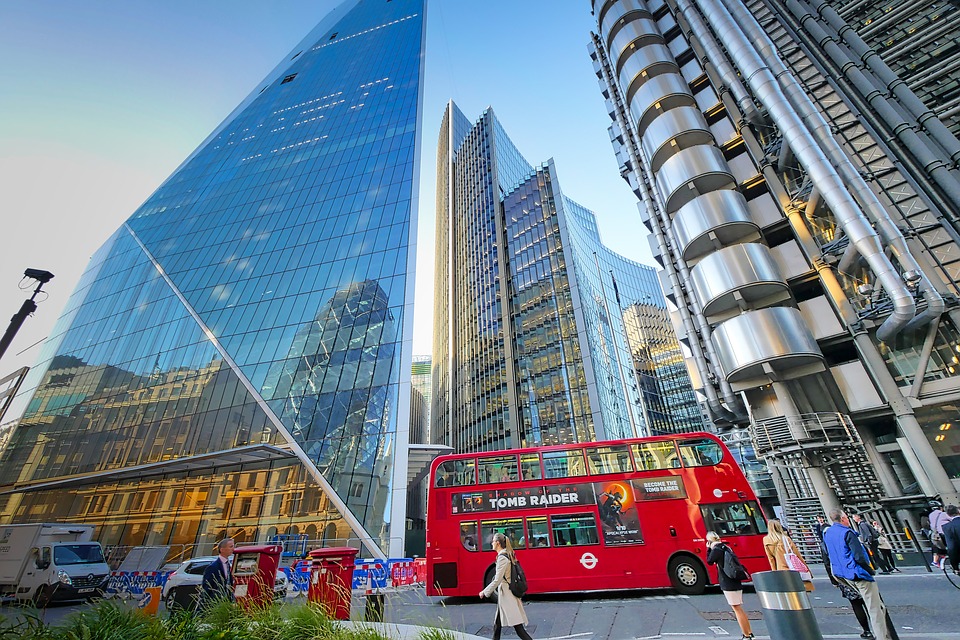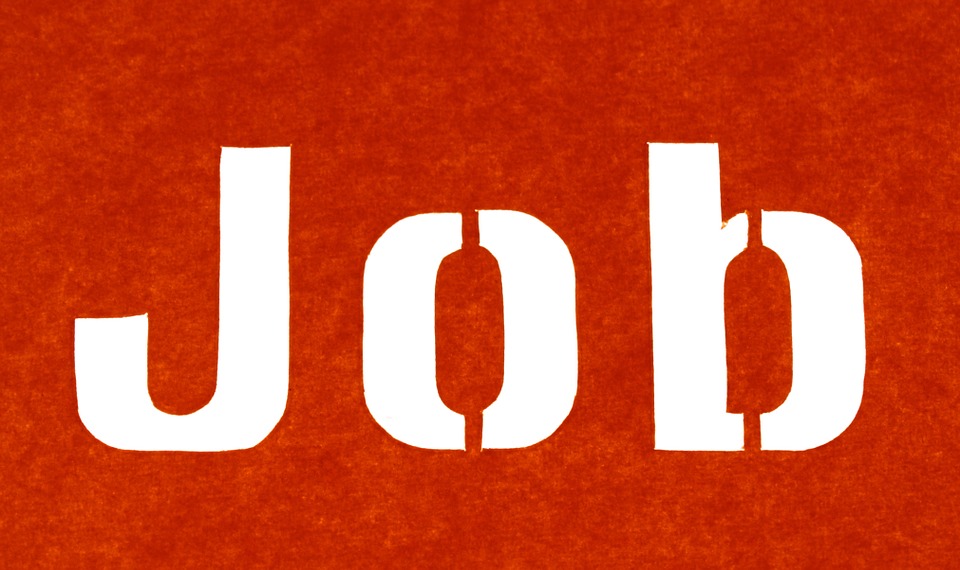Rishi Sunak’s winter economy plan will not be enough to stop a wave of redundancies unless hard-hit industries such as hospitality and the arts receive further support, the government has been warned.
After cancelling the budget, Sunak announced a series of measures on Thursday, including a new wage subsidy scheme, to support jobs. They received cautious applause from several major trade bodies and business lobby groups.
But the UK chancellor also faced accusations of abandoning millions of freelancers and whole sectors of the economy such as nightclubs, live music venues and theatres, that cannot access wage subsidies because they are not allowed to reopen.
Sunak’s plans included a long-awaited replacement for the furlough scheme that will see the government and employers share the cost of paying wages.
July’s VAT cut for hospitality – from 20% to 5% – will be extended to the end of March, while struggling businesses will get longer to pay back government loans.
Dame Carolyn Fairbairn, director general of the UK’s leading business lobby group the Confederation of British Industry (CBI), praised Sunak for “bold steps” that she said would preserve hundreds of thousands of jobs through the winter. She insisted that 2021 could be a year of “growth and renewal” as a result.
Adam Marshall, director general of the British Chambers of Commerce, said the plan was a “shot in the arm” for businesses.
But the measures were not met with universal optimism. The Institute of Directors, which represents business leaders who will be making hiring and firing decisions over the coming months, said it was “not yet clear how much the job support scheme will help hard-pressed firms hold onto staff”.
The IPPR thinktank said the time taken to come up with the plan had already cost thousands of jobs and the measures did not go far enough.
UK coronavirus job losses: the latest data on redundancies and furloughs
Read more
IPPR’s executive director, Carys Roberts, said the plan “does not support businesses enough to prevent layoffs, and will be cold comfort to firms that are fundamentally viable but can’t operate at all due to local or sector restrictions.”
To find out more about how we can assist you with your Second Charge Mortgage please click here
Hospitality has been hit particularly hard by the pandemic and multiple trade bodies had warned earlier this week that a quarter of the UK’s 100,000 pubs, bars and restaurants could close, with the loss of 675,000 jobs, unless they were given sector-specific support.
The sector includes thousands of businesses, including small city-centre pubs and nightclubs, that are unable to reopen or are not permitted to do so, and are therefore unable to make use of wage subsidies.
Speaking after Sunak’s announcement, which included an extension of the VAT cut on food, UK Hospitality’s chief executive, Kate Nicholls, said the chancellor needed to provide more support for a sector that was “not out of the woods”.
“Things were looking grim for our sector yesterday and we were desperately hoping for some good news,” she said.
“The chancellor has given us some reason to be positive again, but we urge him to engage with the trade on specific measures to keep people in work.
“We need government to go further in hospitality, recognising the greater restrictions imposed upon us, and pick up the full cost of unworked hours,” she said.
“This would be a relatively low cost for huge reward for our workforce. Full support to sustain people in their jobs during what could be a pretty bleak winter for hospitality would be a great step forward.”
Sunak was also accused of letting freelancers slip through the cracks, particularly those working in creative industries such as theatre, where venues remain closed and are therefore also unable to tap into government wage subsidies.
Guardian Today: the headlines, the analysis, the debate – sent direct to you
Read more
“The job support scheme may help some employers, but it will not help to save theatres that are still not able to open due to government restrictions and are already making thousands of workers redundant,” said Philippa Childs, head of creative industries union Bectu.
“The army of freelancers and self-employed who make up the backbone of the UK creative industries face being excluded from support once again as the chancellor continues to turn a deaf ear to their hardship,” she said.
“Without more support the UK creative sector will not get through the winter, we desperately need a targeted plan to save jobs and ensure that one of the most productive parts of our economy can survive the winter.”
Conservative MP Julian Knight, who chairs the culture select committee, said workers in the industry had been left facing a “grim future”.
Three million people who were left out of the self-employment income support scheme (SEISS) will also not benefit from the new measures, according to law firm Blick Rothenberg.
“For a Conservative government which is meant to support entrepreneurship, it appears illogical to continue ignoring such a large number of workers,” said director Robert Salter.
SIBA, the trade body for independent breweries, said its members had not had access to business grants and warned that the continued exclusion of alcohol from the VAT cut would further hurt them and the “wet-led” alcohol-focused pubs they sell to.
By Rob Davies
Source: The Guardian







